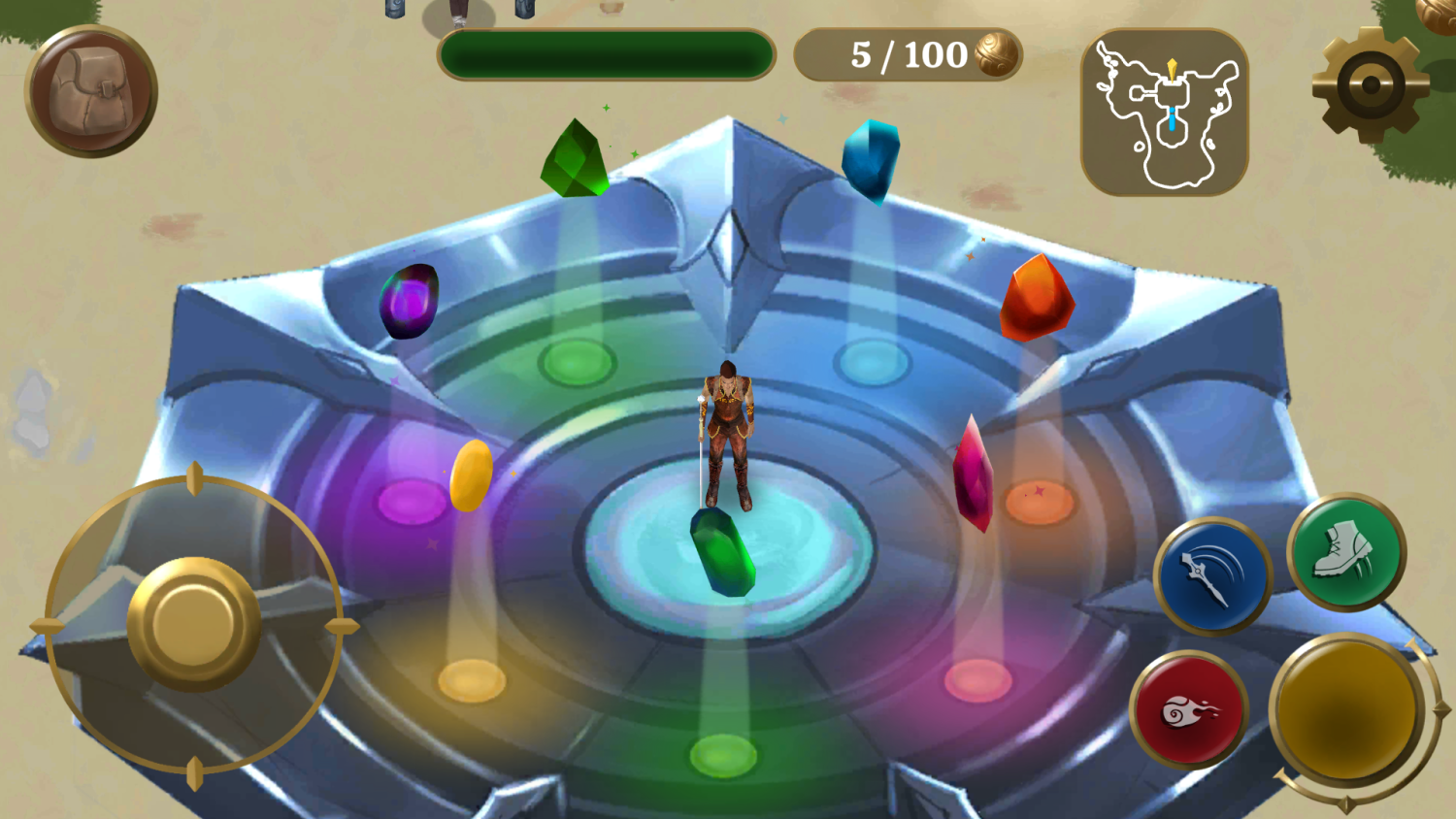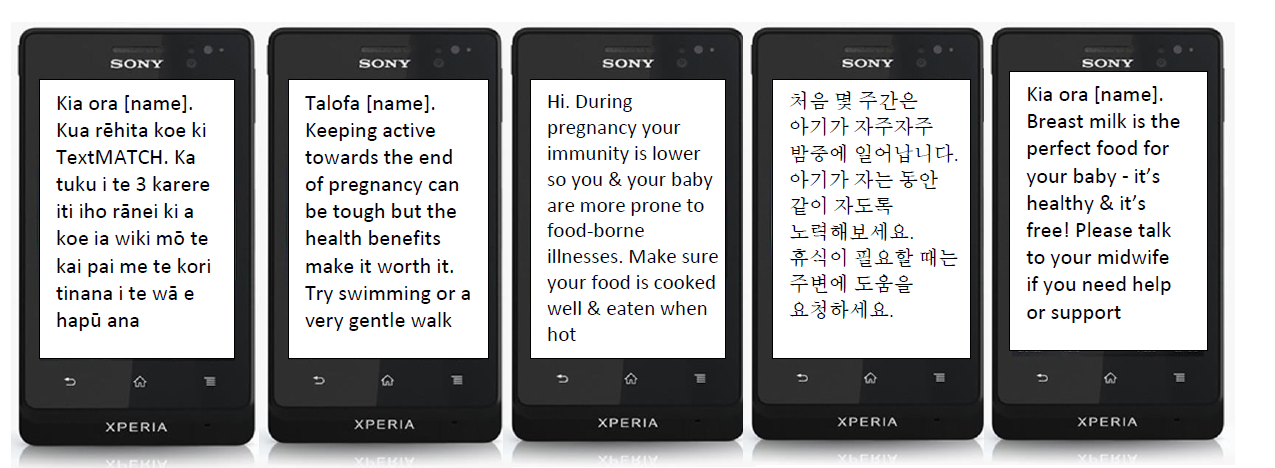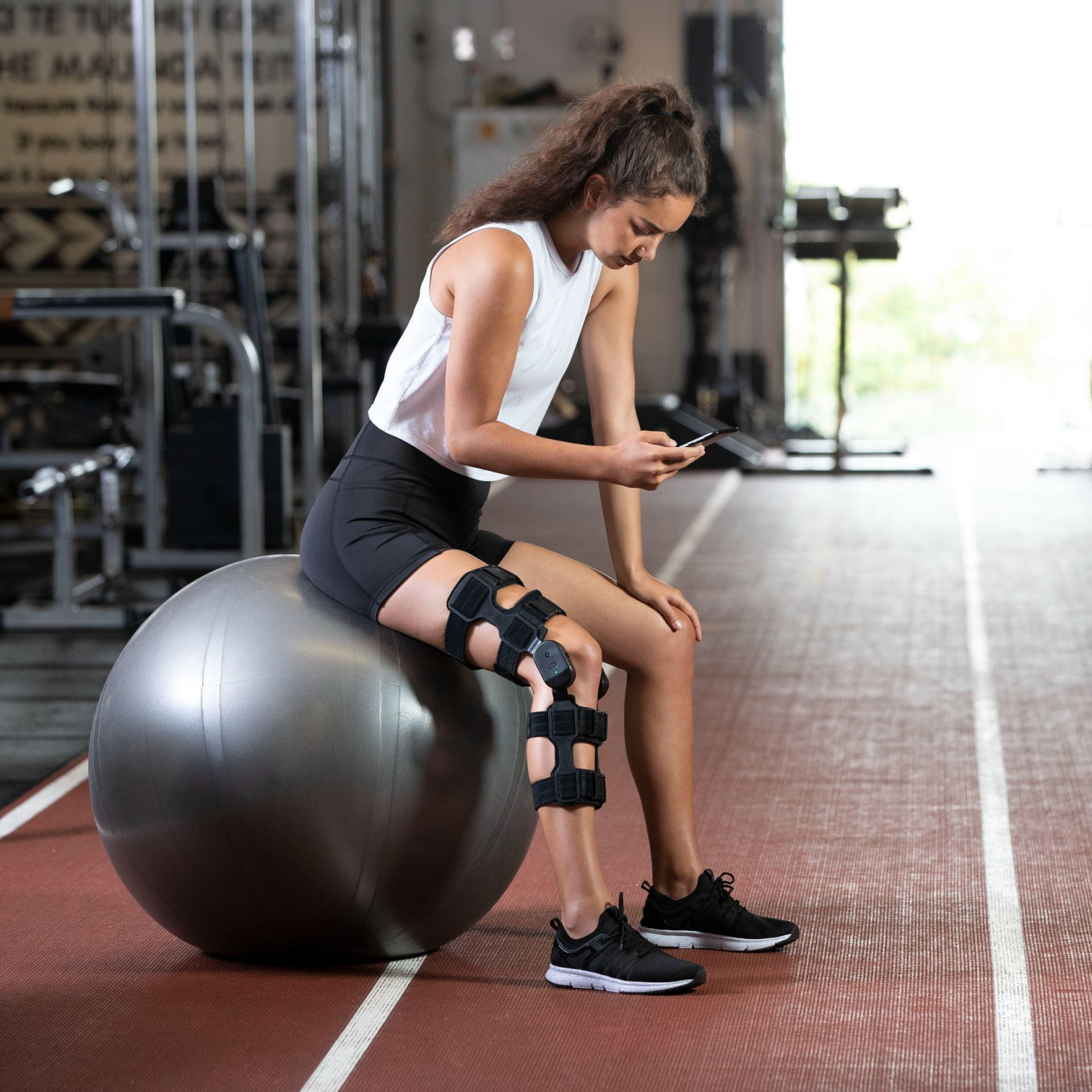One of the longstanding problems in Aotearoa New Zealand’s health system is the ‘postcode lottery’ – specialists, hospitals, screening facilities and community supports are distributed unevenly around the country, meaning not everyone has the same access to quality care.
The reach that technology enables can help overcome the postcode lottery, which is one of the reasons why making more and better use of digital technologies is one of the five ‘system shifts’ the New Zealand government is emphasising as it reorganises and consolidates the healthcare system.
However, digital technologies can do more than bridge distances. They can help people live healthier lives, overcome cultural and linguistic barriers, cut down on administration, aid diagnosis, improve workforce development and advance medical research.
“Other industries have been digitally disrupted for 20 years or more,” says Vanessa Ding, general manager of the National Institute for Health Innovation (NIHI), run by UniServices and based on Waipapa Taumata Rau, University of Auckland, research. “Health was a latecomer – but Covid-19 has forced health services and consumers to adopt digital technologies. That’s been a positive shift because people are ready for it now, which brings exciting possibilities for health promotion and disease prevention.”





